‘We will judge the [plastics] treaty not on what it promises, but on what it does’ – NGO major group
All around the world
The week began on Saturday, where I facilitated a roundtable session with stakeholders ranging from waste pickers, NGOs, scientists and UN member-state delegates. I was tasked with facilitating an open discussion with the group to identify 1) What are the actions required to achieve a circular economy and close the loop? As well as 2) What would be required in the treaty to accelerate said actions. My table identified the following points which were reported back to all delegates in the plenary session:
- If a product goes on the market, producers have the responsibility to make sure the country, they sell the product to can handle it if and when it becomes waste
- We must include all sectors and stakeholders in our society in these negotiations
- Rule number one is using the precautionary principal – that science can guide and strengthen the treaty, but we know enough to act now
- We must set strict requirements for monitoring and transparency throughout the value chain
- Finally, a sentiment echoed by most delegates during their opening statements was that we must have common definitions of terms (i.e., circular economy, polluters pay, upstream, etc.)
The stakeholder part of the INC processes ended in a panel style forum on the second day, with the objectives of supporting and contributing to stakeholders’ needs and interests throughout the negotiations, as well as developing a two-way dialogue with member states. A researcher from the Scientists Network on and Effective Plastics Treaty (SNEPT) was on the panel and discussed the academic perspective while underlining the importance of involving scientists with varying expertise and targeted data and evidence within the negotiations processes. She expressed how plastics being created from fossil fuels and including harmful additives (that often become more hazardous with recycled materials) makes then interconnected with climate change, and that we can’t talk about the one without talking about the other too.

Guiding light
Sunday started with informal sessions from the High Ambition Coalition, a group of 55 (and growing) UN member states who intend to see a treaty accomplished by 2024 with legally binding measures related to production, monitoring and waste management. On Monday, November 28th the negotiations kicked off in the sunny summer town of Punte del Este. The negotiations started with the election of the Peruvian chair, Gustavo Meza-Cuadra who will preside over the first three INC negotiations. The chair acts as a facilitator throughout negotiations and ensures that all member states have their voices heard.
The executive secretary of UNEP, Inger Anderson started the plenary session with a list of four goals to keep in mind throughout the negotiation process.
- Build an instrument broad enough and deep enough to cover the whole problem while ensuring all countries can participate. This is important to ensure that all stages of the lifecycle are being considered in the negotiations, from upstream (extraction, production, etc.) to mid-downstream measures (use, disposal, recycling). Moreover, ensuring that all countries can participate was a strong point in the meeting. Here we see the need for finances to allow lower income nations, especially small island developing states (SIDS) who are most impacted by pollution, the funding to bring at least two delegates to negotiations to participate in parallel sessions. Currently many SIDS have only one delegate which does not allow them to have their voices heard when parallel sessions take place – while higher income nations bring 10-20+ delegates to negotiations.
- We need to be informed by science and work with stakeholders to build a new plastics economy. The agreement must lean heavily on science, and it’s essential that negotiators listen to a diverse set of voices. Rule number one is using the precautionary principal – that science can guide and strengthen the treaty over time, but we know enough to act now. Following this, a sentiment echoed by most delegates during their opening statements was that we must have a common definition of terms (i.e., circular economy, polluters pay, upstream vs. mid-downstream etc.). This could also be informed by science.
- Learn from other multilateral environment agreements (MEAs). We must find synergies with past MEAs (Basel, Rotterdam, Stockholm Conventions) while innovating and building upon experiences. As we are facing a triple planetary crisis (climate, biodiversity and pollution) this agreement must also work with the UNFCCC and CBD convention. We must look towards innovations as we forge a network, let us be informed by the past and innovate for the future.
- Technical assistance for developing countries must be part of the solutions in the form of capacity building and technology transfer. Much action can be done at home, but a key lesson is also that developing countries will need support with technology, education and finances. This is especially important for the SIDS – we need to understand that much of the plastic that arrives on shores arrives from other countries. The SIDS can create a localized plastic economy and find solutions to legacy plastics. We are here with a common purpose and opportunity – let’s be inclusive. Each one of us has a role to play in enabling a just transition. We must avoid pitting sectors and countries against one another. With courage to embrace the future – this is how we will end plastic pollution.
A delegate from Palau tearfully called for industry (producers and manufacturers) to – “design with us in mind”. Many SIDS travelled 30 hours+ to the conference because of how strongly plastics are negatively affecting their livelihoods, cultures and homes.
Need for Science
We know enough to use the precautionary principal. If you can measure something you can manage it. We need to build an accountability system with experts from the science community and experts in the community. The SNEPT group has already been formed, which some SINTEF employees are a part of. This network provides unbiased evidence on aspects of the problems associated with plastics and solutions, and consists of international multi-disciplinary networks of knowledge holders and experts who can be called upon throughout the negotiation process and beyond.
When it came to science, many points were raised that are relevant to the scientific and academic community, namely:
- Many regional groups and individual member states stressed the need for an independent science panel to inform delegates throughout the negotiations
- Future solutions must be science based to avoid green washing
- The need for science to provide monitoring at all stages of the life cycle, and aid in identifying solutions and emerging technologies
- The importance of including all sciences and providing room for engagement and educating citizens
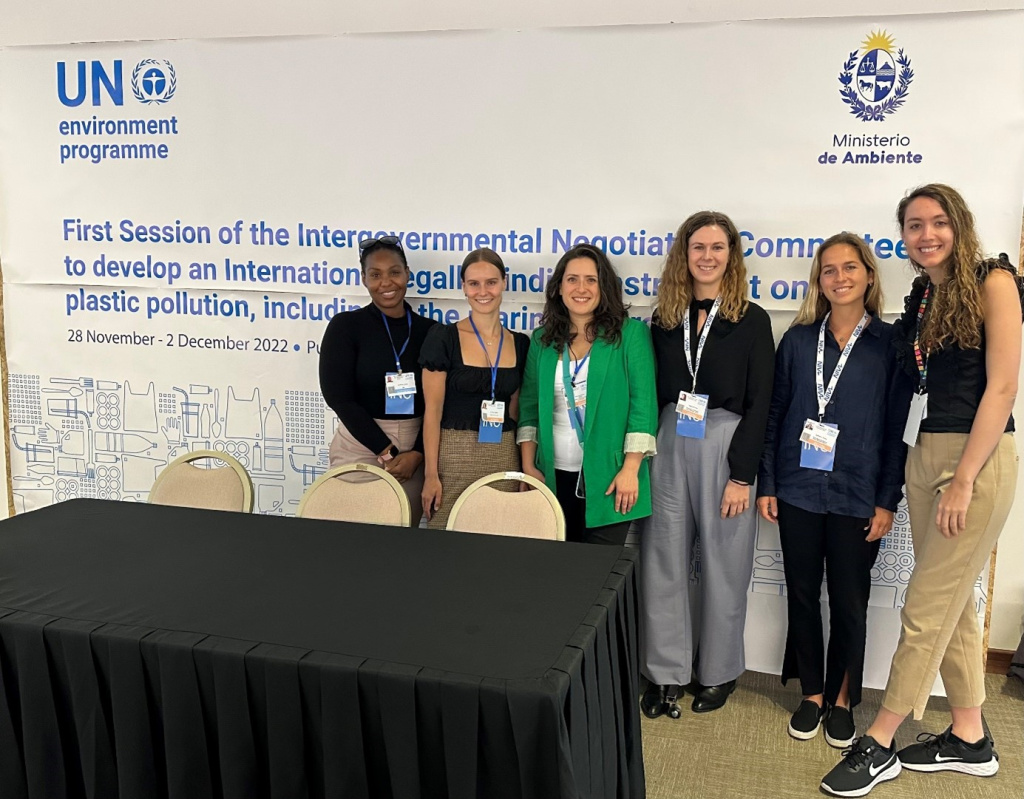
Mirror mirror on the wall, who’s involved after all?
A part of the work I am doing during these negotiations is building a database to allow for future academics, politicians and members of civil society to see how global environmental treaties are formed. In Uruguay, I worked on one of the global environmental negotiation databases SINTEF Ocean has built to understand how a global environmental treaty is formed via input from delegates, civil society, indigenous peoples, science, youth, industry and IGOs. I systematically document statements in the negotiation room while accounting for gender balance, speaking time of delegates and ‘hot topics’ that appear and steer the negotiations.
Path forward
As there is limited time until INC2, delegates and stakeholders will need to work effectively during the intercessional period to make progress towards negotiations in the Spring. A clear consensus was the need for two contact groups to be established to push forward negotiations. In INC2, the groups would:
- Focus on objectives, scope, control measures and implementation (including national action plans)
- Focus on means of implementation, institutional arrangements and other potential elements
The next negotiations will take place at the end of May 2023 in Paris, France.
Quick facts
- Plastic as a material vs plastic as a product are two very different terms for negotiations
- The Arctic was mentioned once in a national statement from Iceland, as well as the Inuit Circumpolar Council, as a priority need for the treaty
- 10 member states mentioned the importance of the ‘RRR’ principal (reduce reuse recycle – which brings focus to downstream measures and not a full lifecycle approach. Some mentioned investments in ‘environmentally friendly waste management’, which will need to be defined
- In an attempt to weaken negotiations, both the United States and the American Chemistry Council were keen on the ‘North Start’ references, meaning countries should be able to ‘choose their own path and guiding light’ in terms of requirements and enforcement
- If you would like to join the SNEPT group, please use this link: https://docs.google.com/forms/d/e/1FAIpQLSdE2GExbmQ1vmvOXDiBn6PI-7R-5JG9ExJoJqC91EvGu6gWwg/viewform
Honorable mention
Never before would I think it would be possible to watch the World Cup with delegates from 100+ nations – but that is exactly what happened on the final day of the conference after the morning plenary. Uruguay played Ghana and delegates from all around the world gathered to observe and enjoy the game together.


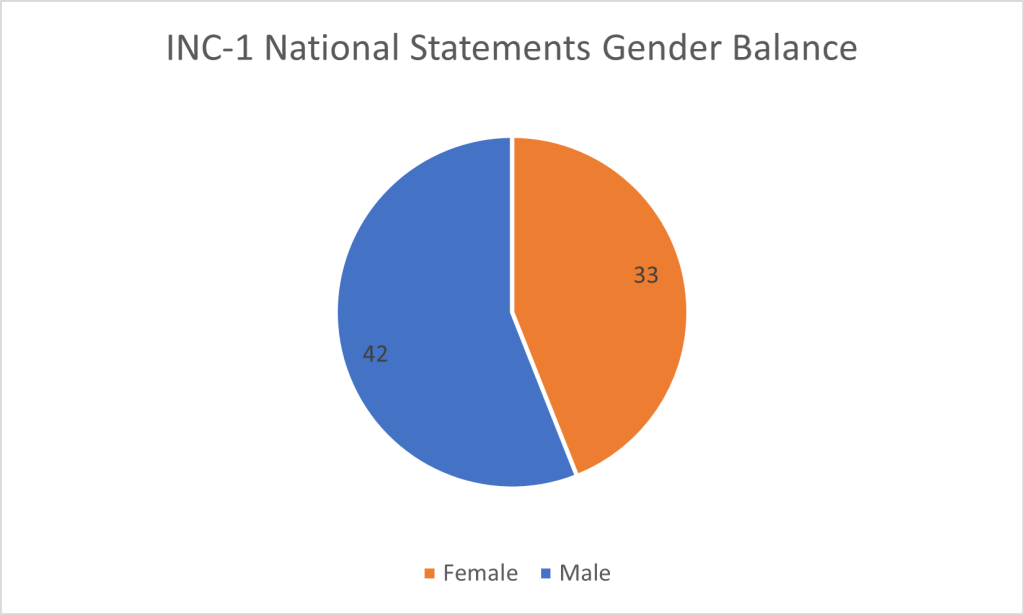
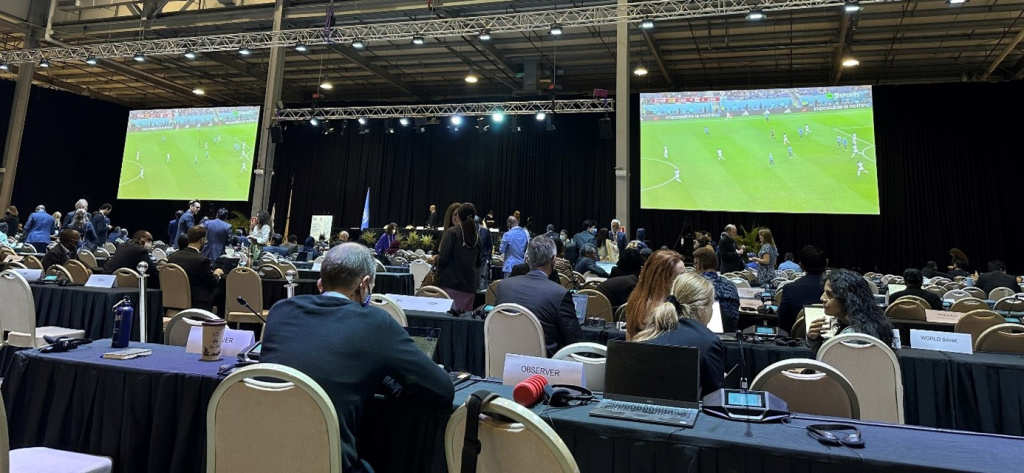
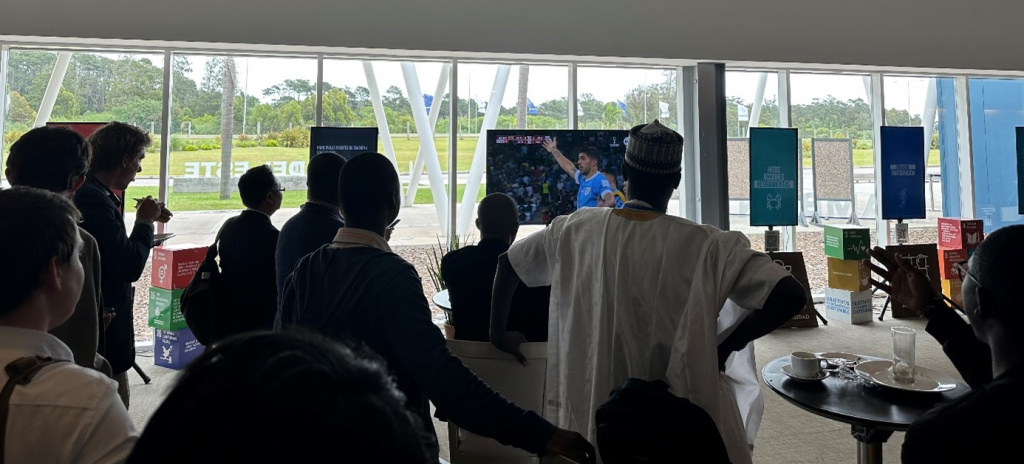
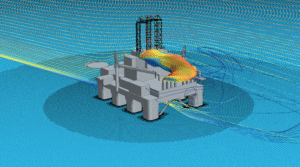

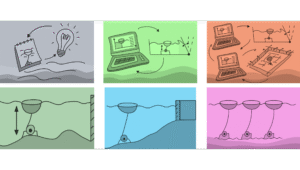
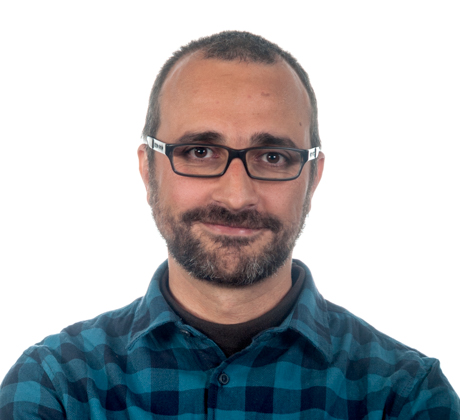
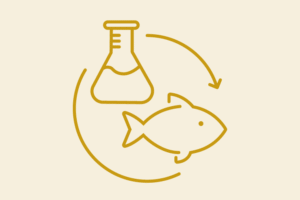


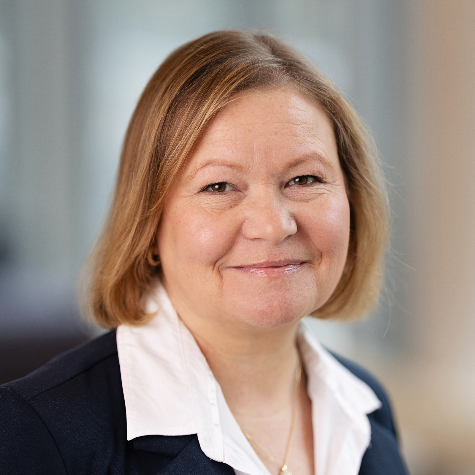
Comments
No comments yet. Be the first to comment!